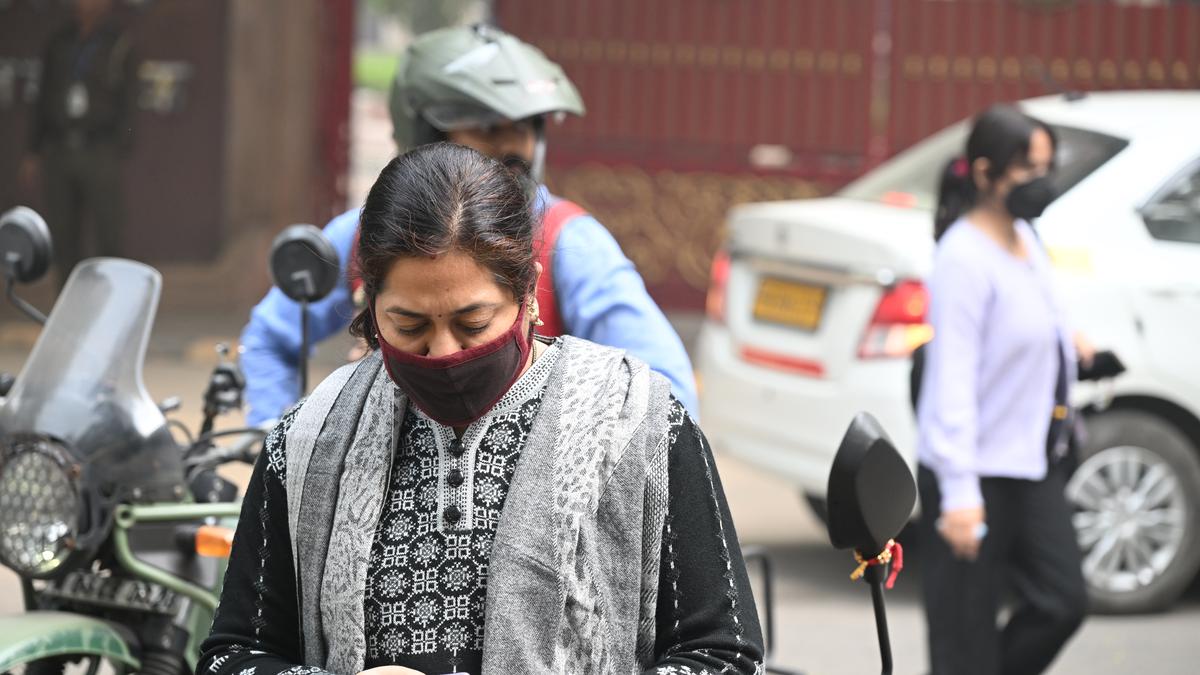 |
|
The Supreme Court of India is considering taking legal action against the Delhi Police Commissioner due to insufficient enforcement of air pollution control measures. The controversy stems from the implementation of GRAP (Graded Response Action Plan) IV on November 18th, a set of emergency measures designed to combat severe air pollution in Delhi. The court's inquiry centers on the allegedly inadequate deployment of police personnel at checkpoints to prevent the entry of polluting trucks into the capital city. Evidence presented to the court indicated that only 23 out of approximately 113 entry points were adequately manned by Delhi Police officers, allowing a significant influx of heavy vehicles and trucks that violated the GRAP IV restrictions. This resulted in a substantial increase in pollution levels, exacerbating an already precarious air quality situation in the city. The Supreme Court's serious consideration of prosecuting the Delhi Police Commissioner underscores the gravity of the situation and the court's commitment to holding accountable those responsible for failing to adequately enforce environmental regulations.
The Supreme Court's questioning of the Delhi government and the Delhi Police revealed discrepancies in the implementation of the GRAP IV plan. The Delhi government asserted that the Delhi Police fell outside of its direct jurisdiction, while the Centre stated that orders were issued to station police officers at only 23 checkpoints, primarily those with high truck traffic. Justice A.S. Oka, heading the Supreme Court bench, expressed strong dissatisfaction with this limited deployment, asserting that the decision to focus solely on these 23 checkpoints while leaving the remaining 90 entry points unmanned was unacceptable. The judge's statement that the Commissioner of Police might be prosecuted under Section 14 of the Commission for Air Quality Management (CAQM) Act highlights the court's determination to address the systemic failures that contributed to the worsening air quality. The court's frustration is palpable, reflecting the severity of the consequences of inaction and the urgency of addressing Delhi's persistent air pollution crisis.
The situation escalated following the Supreme Court's discovery on November 22nd that a significant number of entry points remained unmanned, despite the implementation of GRAP IV. This revelation underscored the systemic failures in coordinating and enforcing the air pollution control measures. The belated deployment of police officers to all entry points following the Supreme Court's order suggests a reactive rather than proactive approach to managing the crisis. This highlights a critical need for improved inter-agency coordination between the Delhi government, the Delhi Police, and the Centre to ensure effective implementation of environmental regulations. The Supreme Court's potential prosecution of the Delhi Police Commissioner is not just about individual accountability; it's a strong statement about the importance of enforcing environmental regulations and preventing future failures in protecting public health from the devastating effects of air pollution. The case serves as a crucial reminder of the systemic challenges in tackling air pollution in Delhi and the need for stricter enforcement mechanisms.
The long-term implications of this case extend beyond the potential prosecution of the Delhi Police Commissioner. It sets a crucial precedent for holding government officials accountable for failing to effectively implement environmental regulations. It also underscores the necessity of enhancing inter-agency coordination and collaboration to address the complex issue of air pollution in Delhi. The ongoing legal proceedings and the potential repercussions will undoubtedly influence future efforts to enforce air quality regulations and improve the city's environmental conditions. The case serves as a stark reminder of the significant health implications associated with severe air pollution, the urgent need for preventive measures, and the importance of accountability in environmental governance. Further investigation is necessary to ascertain the root causes of the insufficient deployment of police officers and implement remedial measures to prevent such occurrences in the future. The Supreme Court's decisive action sends a powerful message: environmental regulations are not optional; they must be enforced effectively, and those responsible for their failure will be held accountable.
Source: Delhi air pollution: SC mulls procecuting Delhi Police Commissioner
